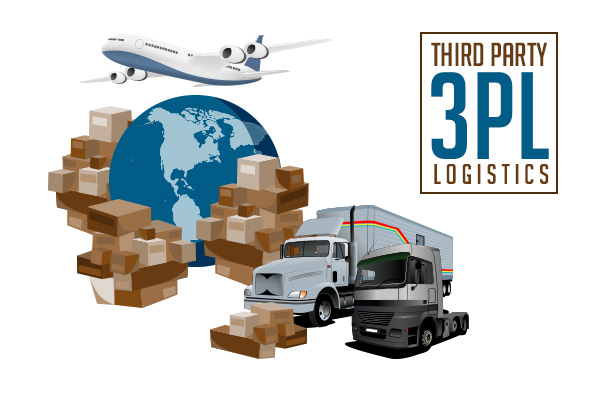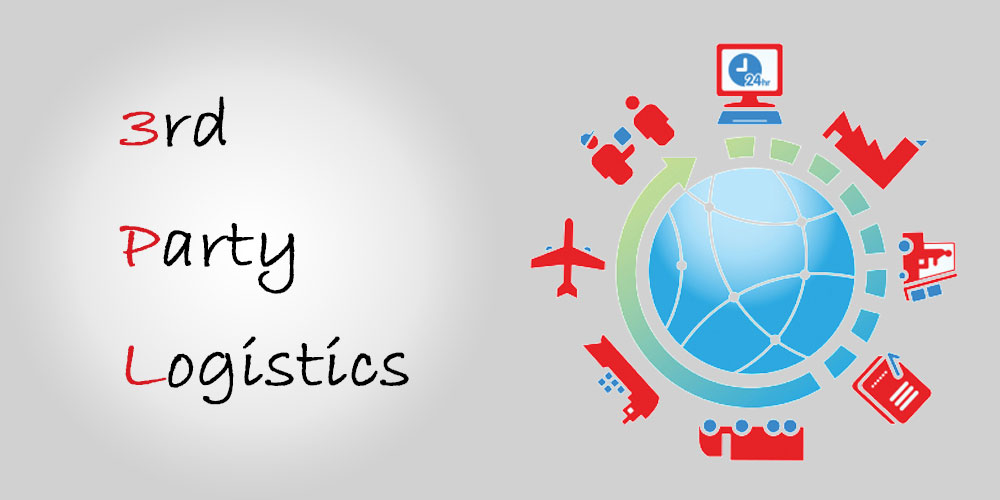
Without any form of signal, the pandemic tested 3PL service providers , confronting them with unexpected stops and surges; this stops and surges depended heavily on which industries the 3pl service providers served. As much as a lot of them wouldn’t want it; this pattern created by the pandemic is expected to have lasting effect. Most manufacturing companies like the automotive industry, tourism and important segments of basic chemicals came to a stop when factories closed because there was no demand for at that time
According to a report sponsored by Penske Logistics and the research was performed by the Kearney consulting firm, researchers and company executives who contributed to the 2020 state of Logistics report issued in June by the Council of Supply Chain Management Professionals (CSCMP) concluded that,
“With the transformation of the supply chain wrought by the Coronavirus pandemic, logistics services customers are going to require from their providers increased agility, financial stability, transparency and speed—and some are seriously considering insourcing at least some of those services”.
The report went further to state that, “the 3PLs and supply chains serving the hospitality and restaurant industries were mostly stopped cold. On the other hand, high-tech products such as microprocessors continued to fly across the globe, still needed for providing inputs to crucial computers, servers and military products.” In addition, consumer packaged goods and grocery demand surged as people hoarded and then shopped while adhering to shelter-at-home orders.
The report remarks that a number of 3PLs were able to redeploy some of their people and assets from the halted and slowed industries to the ones that experienced surges. “Most shippers we spoke with reported that their 3PLs had a ‘we’re in this together’ attitude rather than invoking force majeure clauses,” the researchers reveal.
However, the report’s authors warn that 3PLs need to keep investing in technology and sharpening their expertise. “Some shippers told us that advances in technologies (warehouse management systems, transportation management systems, track and trace) make the insourcing decision easier to take.”
They add, “Those shippers committed to buying talent and innovation from 3PLs reported that they were seeing incremental improvements in creativity, such as the campus model for 3PLs where multiple shippers are served from the same group of facilities, or the buildup of 3PL last-mile networks and extra cross-dock capacity that can help shippers with surges.”
The impacts of the COVID-19 crisis have opened the eyes of customers and providers alike to the value of technology in supply chain management, the researchers stress. “Even providers previously hesitant to invest in shipment location tracking or electronic signatures, claiming such digital technologies were unnecessary, are now embracing them as table stakes.”
With rising labor costs, and despite the COVID-19-induced recession, shippers and 3PLs look to automation and robotics to make logistics more efficient—not just by achieving control over complex and unpredictable product flow, but also by helping gain greater control over labor costs.
While the Kearney researchers believe that serious growth and application of autonomous trucking is still five to 15 years away, they note that legions of mobile robots are already working alongside humans in many warehouses and DCs.
The logistics industry had exhibited very good fundamentals before the pandemic devastated the economy, and those will help it weather the current storm, the researchers claim. “Although almost nobody saw the COVID-19 crisis coming, the state of the industry in 2019 suggests that it could recover quickly.”
They contend that the rapid deployment of professional skill and quick actions taken to find creative solutions by logistics professionals on display from the early stages of the pandemic should bode well for the future of the industry.
“Logisticians rolled up their sleeves instead of hiding behind their contracts. People across the industry—indeed, across the world—are coming together to face this dramatic crash and rebuild from it. Players in the logistics industry are seeing the rewards of collaboration, which now motivate them to go further with bold new solutions.” The researchers summarize their view: “In general, winners will emerge from this crisis with more digitally savvy logistics operations.

